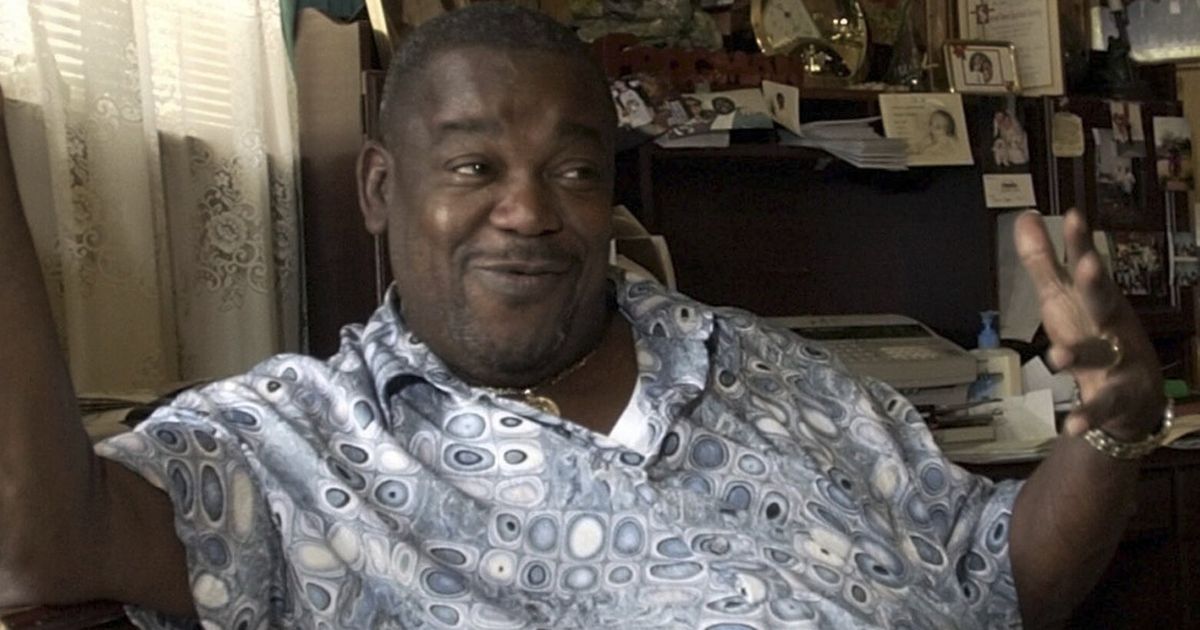Clarence ‘Frogman’ Henry, the iconic R&B singer from New Orleans known for his 1956 hit “Ain’t Got No Home,” has passed away

Clarence “Frogman” Henry, the beloved R&B singer hailing from New Orleans, renowned for his 1956 smash hit “Ain’t Got No Home,” has passed away at the age of 87.
Henry’s death was confirmed on Sunday night by the New Orleans Jazz and Heritage Foundation via social media, although the cause of his passing was not disclosed.
Scheduled to grace the stage at the New Orleans Jazz & Heritage Festival later this month, Henry left an indelible mark on the music industry with his distinctive voice, most notably showcased in his iconic rendition of “Ain’t Got No Home.” This track, which featured his playful imitation of a frog’s croak, skyrocketed him to stardom at the tender age of 19. The song’s popularity endured over the years and experienced a resurgence after being featured on the soundtracks of films such as “Forrest Gump” and “Mickey Blue Eyes.”
Credit for Henry’s moniker, “Frogman,” was attributed to disc jockey Poppa Stoppa (real name Clarence Hayman), a playful nod to Fats Domino’s nickname, the “Fatman.”
Despite a period of waning popularity in 1958, Henry’s career received a second wind in 1960 with the release of “I Don’t Know Why But I Do,” a collaboration with Cajun songwriter Bobby Charles, arranged by Allen Toussaint. This rejuvenated success led him to open for the Beatles during their inaugural U.S. tour in 1964 and embark on extensive tours spanning from Scotland to New Zealand alongside acts like the Bill Black Combo and the Jive Five.
Back home in Louisiana, Henry maintained a devoted following and notably crossed over into the Cajun music scene, a rare feat for black New Orleans musicians.
Born on March 19, 1937, in New Orleans, Henry’s musical journey began at the age of 8 when he started playing the piano. He honed his skills while working for his father until the age of 15, often without monetary compensation. A multi-instrumentalist, he also played the trombone and piano in his high school band before finding success with The Toppers and embarking on a musical career that would leave an indelible mark on the industry.
Although his national prominence eventually waned, Henry remained a fixture in Louisiana’s music scene, gracing the stages of Bourbon Street until his retirement from the club circuit in 1981. However, he continued to enchant audiences at the annual Jazz & Heritage Festival, ensuring his legacy lived on.
Funeral arrangements for Henry are currently pending at the Murray Henderson Funeral Home.





